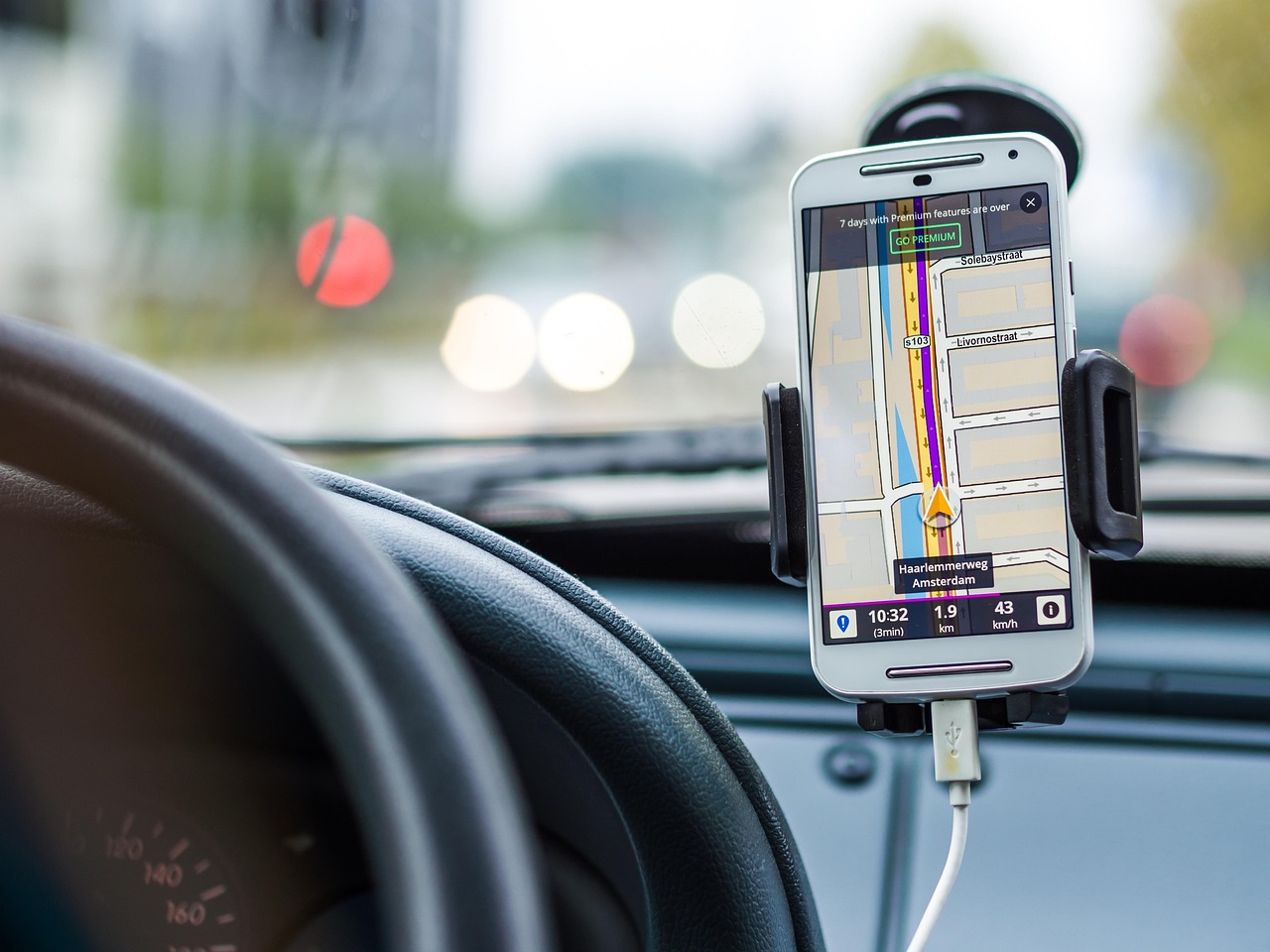
Overcoming Talent Challenges in Hospitality Recruitment and Retention – Complete Guide
Hospitality Recruitment Challenges
The hospitality industry is grappling with significant recruitment challenges, facing both difficulties in attracting talent and high employee turnover. Recent statistics reveal that over 75% of hotels are experiencing staffing shortages, a situation compounded by the leisure and hospitality sector having the highest quit rates across all industries, as reported by the U. S. Chamber of Commerce. This dual challenge necessitates innovative solutions to not only recruit effectively but also retain valuable employees in a competitive job market.
Opportunities in Hospitality Recruitment
Despite these challenges, the hospitality sector offers substantial career opportunities, accounting for approximately 1 in 25 jobs in the United States. Many positions do not require a college degree, making them accessible to a broader range of candidates. However, the industry is still slow to adopt certain effective hiring practices. For instance, only 2% of hires come from referrals and 3% from internal mobility, according to the SmartRecruiters Recruiting Benchmarks 2025 Report. These statistics highlight the underutilization of networks that could otherwise enhance recruitment efforts.

High Turnover and Employee Lifecycle
The hospitality industry faces unique challenges related to employee lifecycle and turnover rates. The COVID-19 pandemic has led many workers to reassess their career paths, pushing them to seek more stable job opportunities. Additionally, hospitality jobs often require irregular hours, which can deter potential candidates. The industry must address these factors to decrease turnover and foster a more stable workforce.
Leveraging Technology in Hiring
To tackle these recruitment challenges, leading employers are increasingly turning to technology, particularly artificial intelligence (AI).
AI-based applicant tracking systems can match candidate skills with job descriptions using validated skills taxonomies, broadening the candidate pool. This technology can reveal candidates with relevant experience in customer service from other industries, significantly enhancing recruitment efficiency.

Communicating with Candidates Effectively
Effective communication is key in recruitment. Many candidates in hospitality prefer to communicate via mobile platforms rather than traditional methods like email. By utilizing SMS and WhatsApp for recruitment communications, employers can engage candidates more effectively. Integrating these communication methods into applicant tracking systems ensures that hiring teams can maintain a cohesive view of candidate interactions.

Streamlining Job Posting Processes
With numerous job boards available, managing postings can become overwhelming. A modern applicant tracking system with centralized job board contracts allows hospitality employers to post vacancies with a single click, streamlining the recruitment process. This efficiency is crucial in a sector where time is of the essence, especially during peak hiring seasons.

Preparing for Seasonal Hiring
Seasonal hiring presents its own set of challenges. Hotels need to proactively source candidates in advance of peak travel periods. Employing a candidate relationship management system can help organizations nurture potential candidates year-round, ensuring they are prepared to fill roles as demand increases. This strategy not only reduces recruitment costs but also enhances the chances of re-hiring previous seasonal staff who are already familiar with the organization.

The Role of AI in Hospitality Recruitment
Artificial intelligence is set to revolutionize the recruitment landscape in hospitality. With 76% of hotels currently facing staffing shortages, the integration of AI can help employers streamline their hiring processes. AI technologies enable businesses to quickly identify top candidates, improving the overall candidate experience. As Jody Ordioni, CEO of Brandemix, noted, technology—especially AI—can significantly enhance recruitment efficiency.

Improving Candidate Experience with AI
AI-driven tools can provide candidates with a more engaging hiring experience. For instance, AI-powered chatbots can answer candidate inquiries about job roles and provide additional resources, all while maintaining a conversational interface. This technology not only answers questions but also keeps candidates informed throughout the hiring process, enhancing their overall experience.

Efficient Screening with AI Technology
AI is also transforming candidate screening processes. By applying predefined criteria to filter applicants, AI can identify the most suitable candidates more quickly. This capability can drastically improve the ratio of qualified applicants to job openings, which is vital in meeting the demands of high-volume recruitment in hospitality.

Building Talent Pipelines with AI
AI agents can autonomously manage talent pipelines for high-volume recruitment needs. For example, if a hotel opens a new front-desk position, an AI system can automatically search past applicants for suitable matches, reach out to them, and facilitate interviews. This proactive approach not only saves time but also ensures that hiring teams have a steady stream of qualified candidates.

Automating Interview Scheduling
The scheduling of interviews often consumes a significant amount of recruiters’ time. Advanced scheduling tools powered by AI can automate this process, reducing the burden on hiring managers. By considering individual preferences and availability, these tools streamline the interview setup process and minimize administrative overhead, allowing recruiters to focus more on engaging with candidates.
The Future of Hospitality Recruitment
As the hospitality industry continues to navigate its recruitment challenges, the integration of AI and advanced technologies will play a pivotal role in shaping the future of hiring. These tools not only enhance efficiency but also improve the candidate experience, ultimately leading to better hiring outcomes. As Jody Ordioni stated, while AI may not replace the human touch in recruitment, it will certainly facilitate better conversations and faster decision-making processes.
Conclusion
In summary, the hospitality sector is at a crossroads, facing both significant challenges and unique opportunities in recruitment. By leveraging technology, particularly AI, employers can streamline their hiring processes, improve candidate engagement, and ultimately build a more stable workforce. As the industry adapts to these trends, proactive and strategic approaches will be essential in overcoming the talent challenges that lie ahead.



